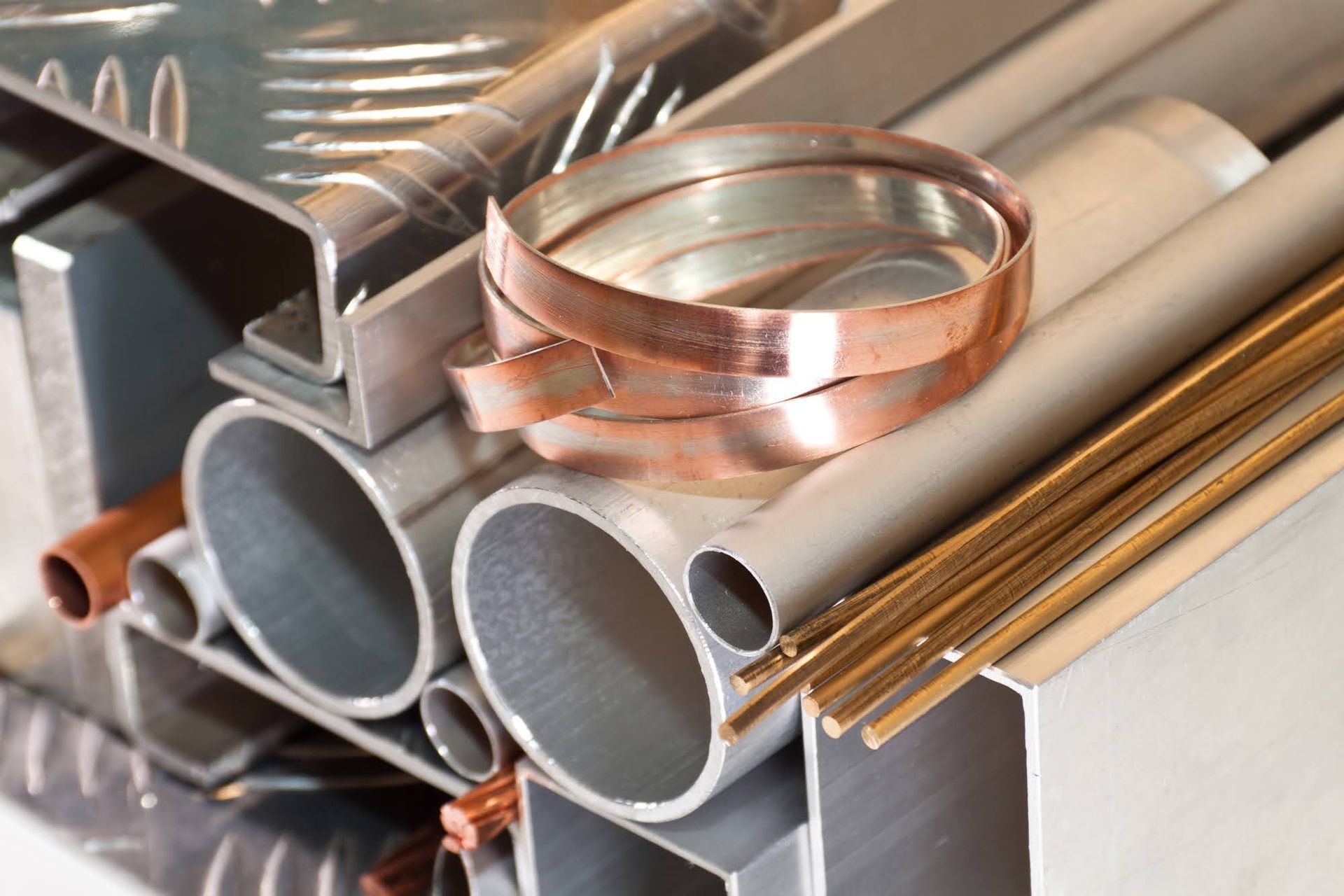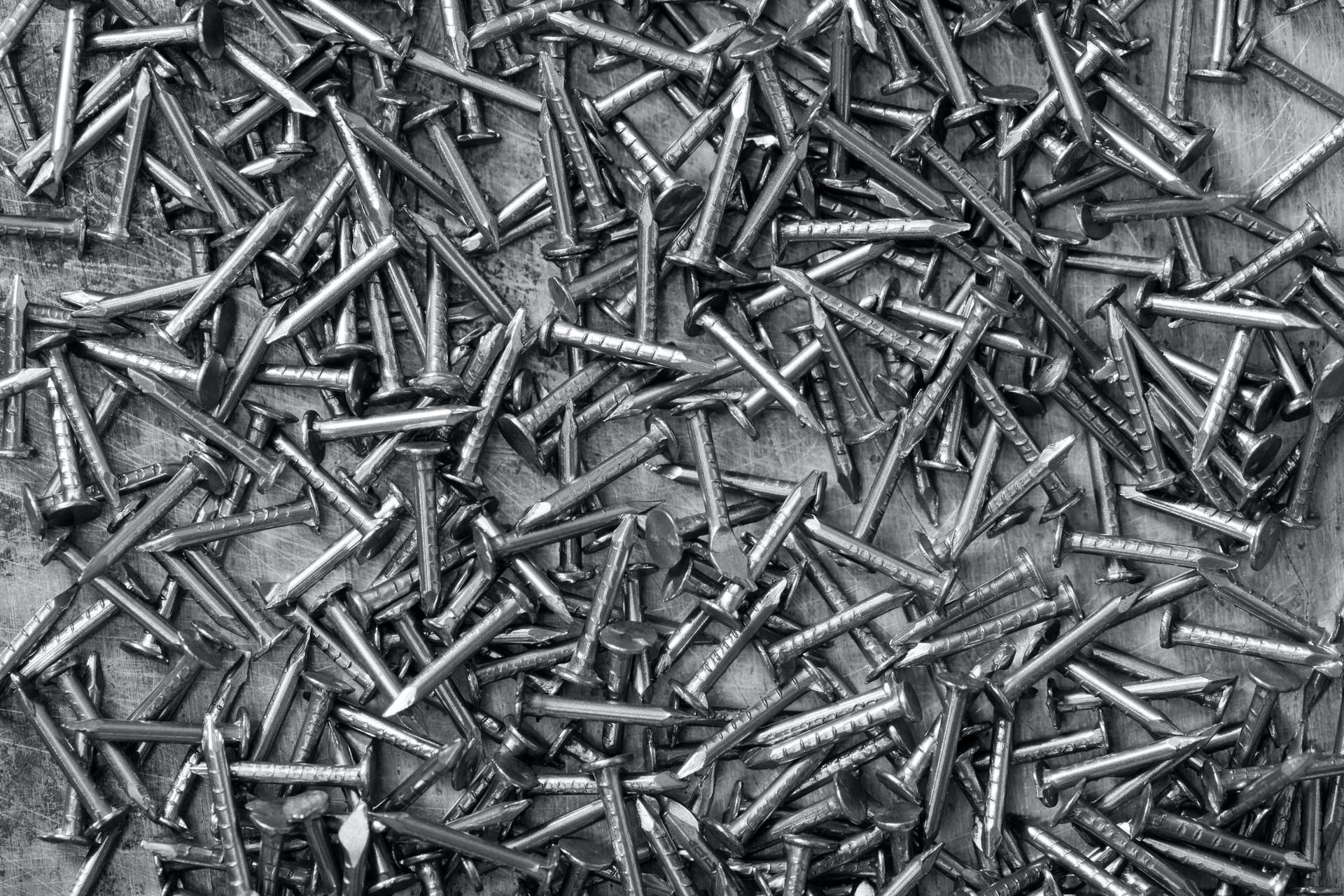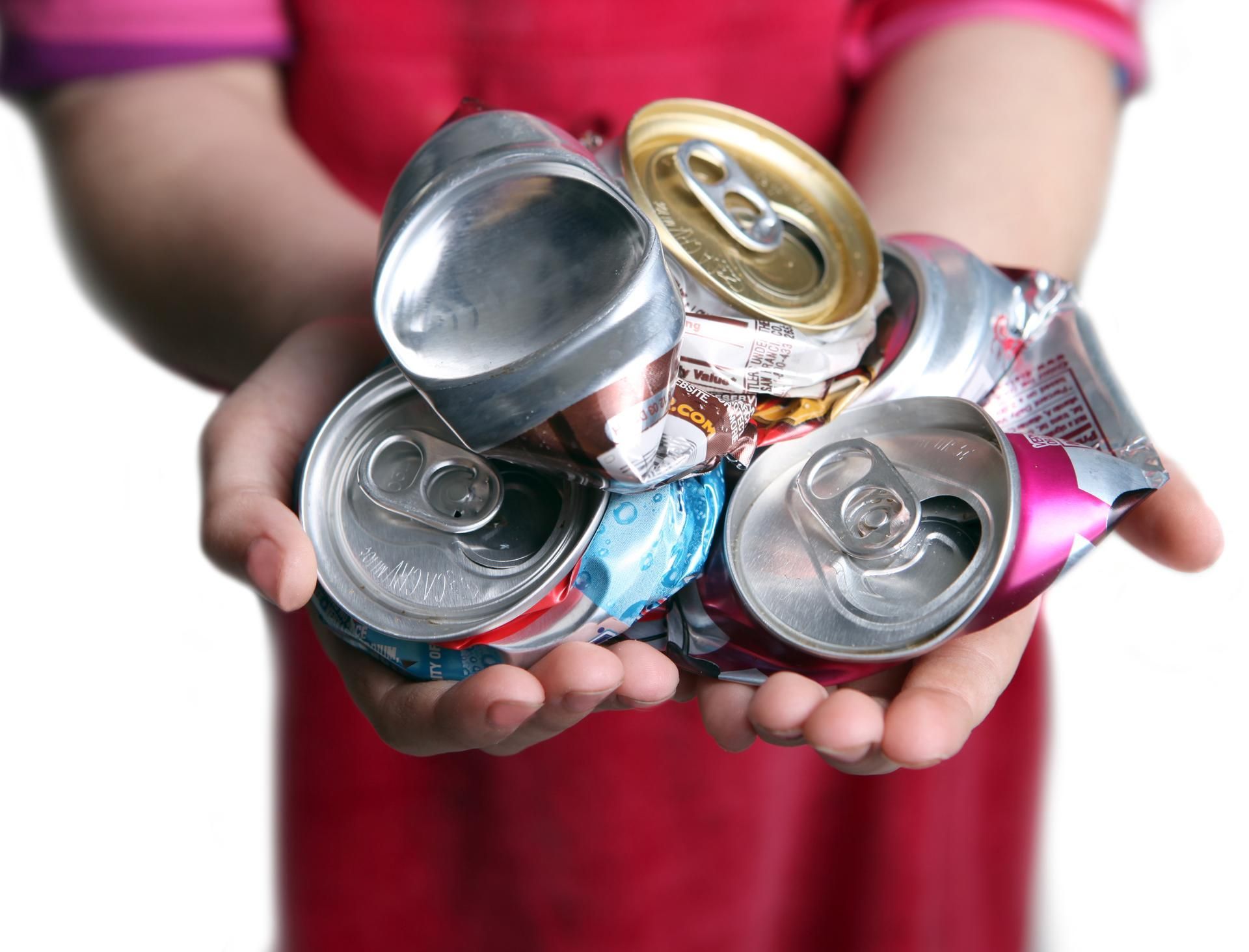Benefits Of Recycling Your Home's Metal Scrap
Metal recycling is a simple, yet effective, way to contribute to environmental sustainability while also benefiting your property and potentially earning some extra cash. By taking the time to recycle scrap metal on your property, you can make a positive impact on the environment and improve the functionality of your home. Let's explore the various benefits of recycling scrap metal and how it can be a rewarding practice for homeowners like yourself. In knowing the many ways scrap metal recycling can be useful to you, you can maximise the usefulness of your unwanted scrapable items.
Types of Scrap Metal You Can Recycle
From old appliances and broken tools to unused pipes and wiring, there are several types of scrap metal commonly found in households that can be recycled. Aluminium, steel, copper, brass and iron are among the most commonly recycled metals. These materials can be salvaged from various items such as cans, pots and pans, car parts, bicycles and more. By collecting and recycling these metals, you can prevent them from ending up in landfills and reduce the need for new raw materials.
Earning Money from Your Scrap Metal
You may also have the opportunity to earn some extra money by selling your scrap metal to a scrap yard, especially if you have large amounts of scrap metal to dispose of. Many scrap yards and recycling centres pay for certain types of metals based on their weight and current market value. Before taking your scrap metal to a recycling facility, it's advisable to separate different types of metals and inquire about their pricing policies. While the amount you receive may vary depending on market conditions, every little bit counts towards offsetting the cost of recycling and incentivising further collection efforts.
Improving Property Functionality through Recycling
Recycling scrap metal can also lead to functional improvements around your property. By clearing out unwanted or obsolete metal items, you can create more space in your garage, shed or backyard. This decluttering process enhances the aesthetic appeal of your property and makes it easier to organise tools and equipment. Moreover, repurposing old metal objects or using recycled materials for DIY projects can add unique decorative touches to your home while promoting sustainability.
Environmental Impact of Metal Recycling
One of the primary reasons why metal recycling is encouraged is its positive impact on the environment. Producing new metal from raw materials requires significant energy consumption and generates greenhouse gas emissions. By recycling existing metal products, you can conserve natural resources, reduce energy usage and lower carbon emissions associated with mining and manufacturing processes. Additionally, recycling metal helps minimise pollution caused by waste disposal practices like incineration or landfilling.
Supporting Circular Economy Principles
Metal recycling plays a crucial role in promoting a circular economy where resources are reused and regenerated rather than discarded after a single use. The concept of circularity encourages sustainable practices that aim to close the loop on material flows within society. By participating in metal recycling initiatives at home, you actively contribute to a circular economy model that prioritises resource efficiency, waste reduction and long-term environmental preservation.
Recycling your home's metal scrap offers numerous benefits ranging from environmental conservation to financial rewards. By identifying recyclable items on your property, separating them accordingly and engaging with local recycling facilities or scrap yards, you can make a meaningful difference while enhancing the functionality of your living space. Embracing metal recycling as a regular practice supports sustainability goals and encourages responsible consumption habits within your household. Start transforming your scrap into valuable resources today through metal recycling initiatives in your community.
Contact us for current scrap metal prices and a quote.



